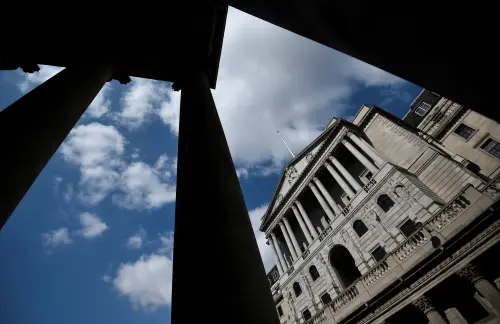A multitude of conflicting UK economic data and surveys in recent days have left the Bank of England uncertain about the possibility of a surge in job losses or an onset of sustained high inflation. The Purchasing Managers' Index (PMI) indicated a substantial reduction in staff levels this month, akin to the aftermath of the Lehman Brothers collapse in 2008. Employers have expressed concerns over social security contribution hikes announced by finance minister Rachel Reeves, coinciding with a nearly 7% minimum wage increase, leading to companies refraining from replacing departing employees. However, job postings saw an uptick in January, potentially mitigating the impact of increased taxes. Despite moderate growth at the end of 2024 and January's inflation levels, retail sales increased in January for the first time since August. Even though the economy appears more stable than during the 2022 inflation peak, the conflicting signals emphasize the BoE's cautious approach to impending interest rate adjustments. A policy dilemma characterized by stagflation confronts the UK amid weak figures in January, prompting potential public spending cuts or tax hikes in the coming months. With reduced growth forecasts for 2025 and looming inflation pressures, the BoE faces a challenging scenario, accentuated by rising prices and companies absorbing increased costs. While businesses strive to manage higher expenses, the BoE must navigate a delicate balance between employment concerns and inflationary pressures.
World.Alpha-News.org ➤ The news of the world is here
UK Economy Data Highlight Bank of England's Predicament
